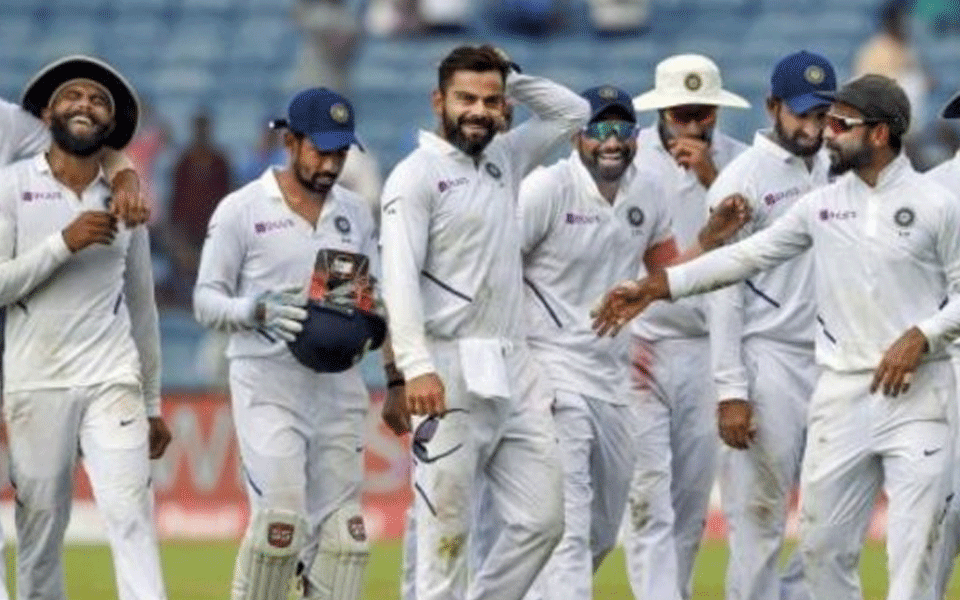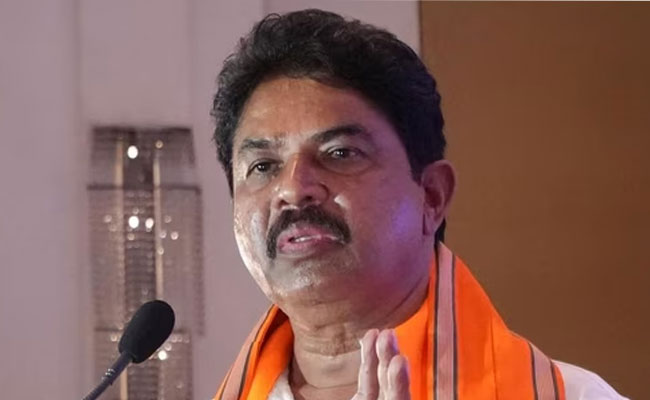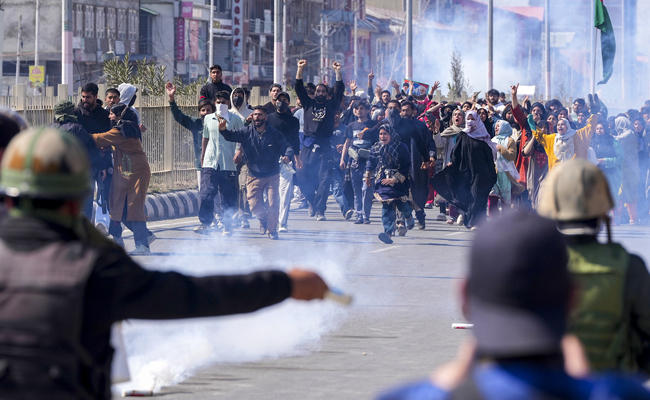New Delhi: The fit-again duo of all-rounder Ravindra Jadeja and batsman Hanuma Vihari returned to a 20-strong Indian squad announced on Friday for next month's World Test Championship final against New Zealand and a five-match series against England.
The selectors also picked four standby players -- Abhimanyu Easwaran, Prasidh Krishna, Avesh Khan, and Arzan Nagwaswalla, the BCCI stated in a press release.
K L Rahul, who underwent a surgery after being diagnosed with appendicitis, and Wriddhiman Saha, infected with COVID-19 during the recently-suspended IPL, have been included subject to their fitness.
Both Jadeja and Vihari had endured injuries during the away series against Australia earlier this year.
Out-of-form spinner Kuldeep Yadav and pacer Navdeep Saini have been left out of the squad, which is expected to depart for England for the twin assignments in the third week of this month.
The WTC final against the Black Caps will be held from June 18 in Southampton followed by the Tests against England from August 4.
The Test series against England will start in Nottingham, followed by matches at the Lord's (August 12 to 16), Leeds (August 25 to 29), The Oval (September 2 to 6) and Manchester (September 10 to 14).
India's squad:
Rohit Sharma, Shubman Gill, Mayank Agarwal, Cheteshwar Pujara, Virat Kohli (Captain), Ajinkya Rahane (vice-captain), Hanuma Vihari, Rishabh Pant (wicket-keeper), Ravichandran Ashwin, Ravindra Jadeja, Axar Patel, Washington Sundar, Jasprit Bumrah, Ishant Sharma, Mohammed Shami, Mohammed Siraj, Shardul Thakur, Umesh Yadav, KL Rahul (subject to fitness clearance), Wriddhiman Saha (wicket-keeper; subject to fitness clearance).
Standby players: Abhimanyu Easwaran, Prasidh Krishna, Avesh Khan, Arzan Nagwaswalla.
Let the Truth be known. If you read VB and like VB, please be a VB Supporter and Help us deliver the Truth to one and all.
Bengaluru (PTI): As many as 72 international flights were cancelled at the Kempegowda International Airport here on Monday as airline operations were disrupted due to the West Asia conflict, officials said.
An airport official said that 39 arrivals and 33 departures have been cancelled at the Bengaluru Airport.
The cancellations, reported until late night on March 2, impacted several key international sectors connecting Bengaluru with West Asian cities, including Abu Dhabi, Riyadh, Jeddah, Dammam, Dubai and Doha.
The official, however, said that Etihad flight EY238/239 is operating tonight. The flight is expected to depart at 11:10 PM for Abu Dhabi from Kempegowda International Airport.
The outbound sector to Abu Dhabi will operate with restrictions, they added.





